Aamir Siddiqi murder: Wanted man escapes India police
- Published
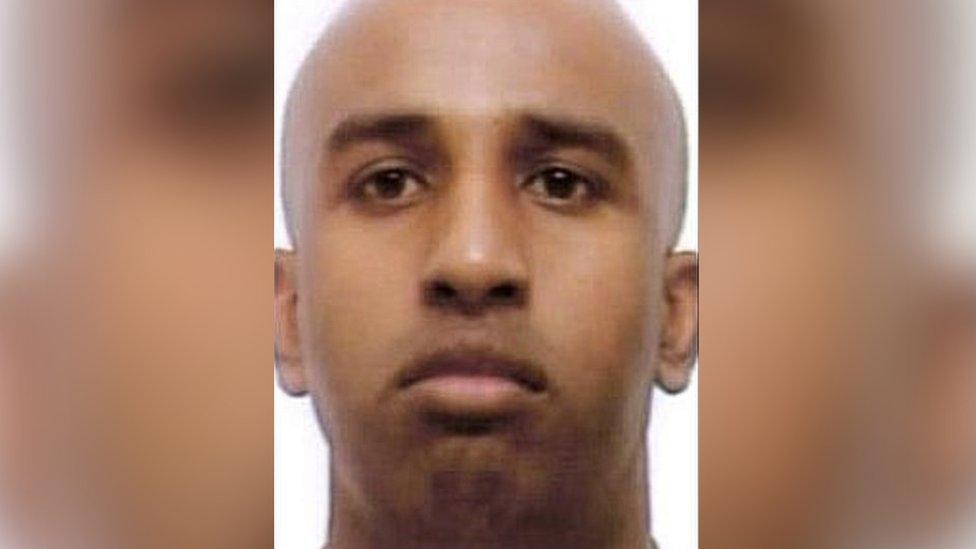
Police in Wales are still waiting to question Mohammed Ali Ege
A man wanted in connection with the murder of a Cardiff teenager has escaped from police custody in India.
Aamir Siddiqi, 17, died after being stabbed at his home in the Roath area of the city in 2010.
Two men, Jason Richards and Ben Hope, were jailed for life in 2013.
A third man, Mohammed Ali Ege, was arrested in India in 2011 after being accused of conspiracy to commit murder over the A-level student's death.
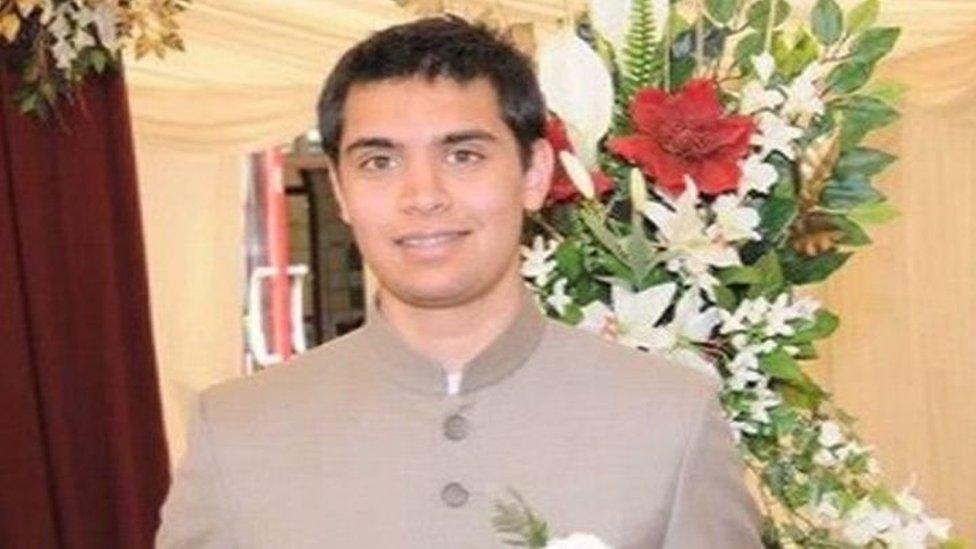
Aamir Siddiqi had been hoping to study law at university
Mr Ege, 41, who is originally from Cardiff, also faces a series of court cases in India over allegations of passport and identity forgery.
It was after a hearing last week connected to a passport charge that the suspect was reported to have given police the slip, while using a toilet at a train station.
Police commander Mahendra Kumar Rathod told newspapers: "After the court proceedings, the accused was being brought back to Hyderabad by a train.
"The escort team reached the Hazrat Nizamuddin railway station to board a train to Hyderabad and were waiting at the Government Railway Police room.
"The accused requested the police to allow him to go to the washroom, and he escaped from there by removing the window grills of the washroom."
South Wales Police said it could not comment on Mr Ege's escape from custody.
However, a police official said: "Officers are obviously continuing to engage with the authorities in relation to the ongoing extradition proceedings and will continue to liaise with Aamir Siddiqi's family, providing them with any relevant information as it becomes available."
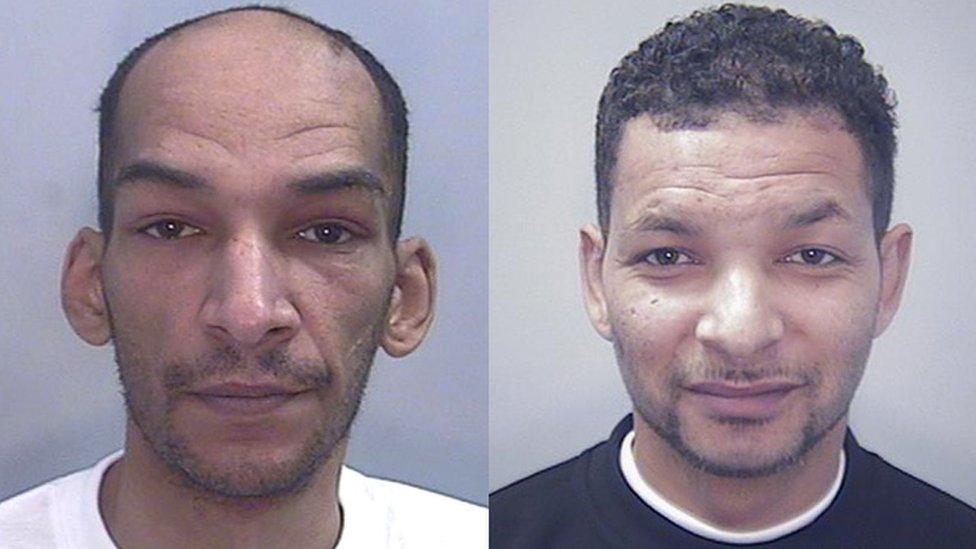
Ben Hope and Jason Richards: 'Incompetent' hitmen
Drug addicts Richards and Hope were both told they must serve a minimum of 40 years for stabbing the Cardiff student to death on his doorstep, in what was described as "staggeringly incompetent" contract killing.
Their trial was told they had been paid £1,000 in cash by a businessman angered by a collapsed property deal, but had gone to the wrong house.
Both men were arrested within days and immediately blamed each other for the killing.
They were convicted of murder and attempted murder after a trial lasting four-and-a-half months.
An appeal against both their convictions and the sentences was dismissed by judges in June 2014.
- Published8 February 2013
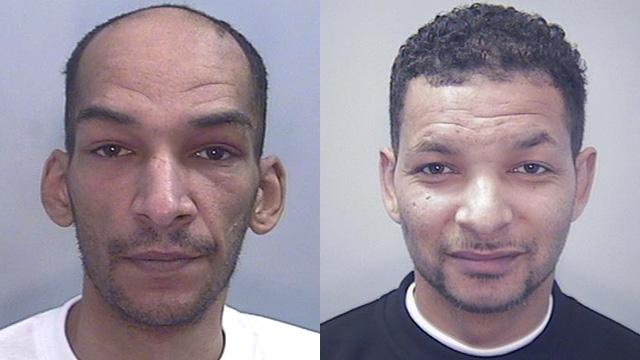
- Published2 February 2013
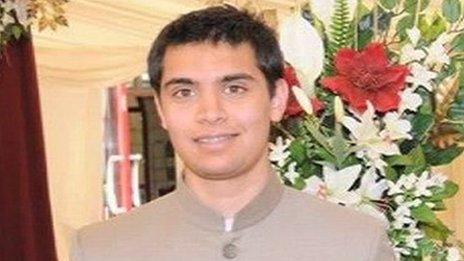
- Published1 February 2013
